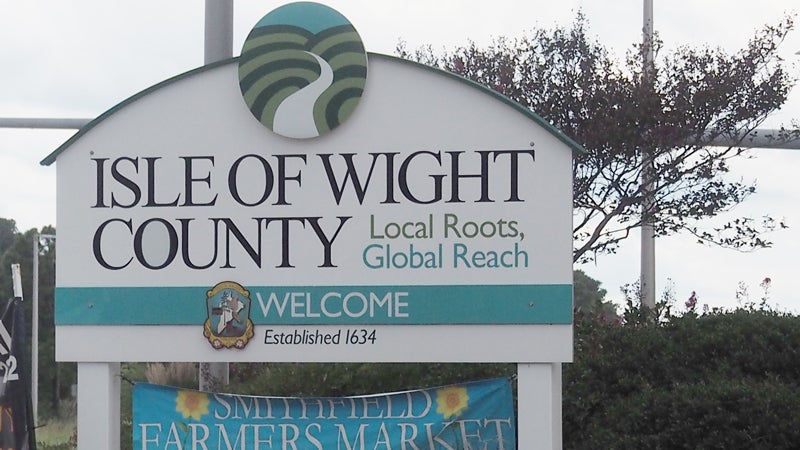IW will allow chickens, but they must be documented
Published 1:02 pm Wednesday, March 22, 2017
By Diana McFarland
Managing editor
John Denius lives in Wrenn’s Mill Estates and found out the “hard way” that he wasn’t allowed to have chickens.
“But it wasn’t my fault,” he told the Isle of Wight Board of Supervisors.
“The Easter Bunny brought them.”
Arlynn Guertin was in the Marines, but when a predator wiped out his flock of chickens, well, “I cried. I cried like a baby,” he said.
Guertin came to the Board Thursday to “speak on behalf of the chickens.” {mprestriction ids=”1,2,3,4,5,6″}
So did Kimberly Harrison. Unlike many, she doesn’t have chickens as a way to provide a learning experience for her kids.
“They are my companions. I do talk to them,” she said.
The chickens are a stress-reliever, Harrison said, but added that when she found out chickens were not allowed in her neighborhood, that in itself caused stress.
Guertin said his chickens have names, such as Gertrude and Lori.
“I have pictures,” he said.
Denius said the chickens were like any other pet and his children want to get their illegal chickens back.
Harrison pointed out that chicken owners are peace-loving people who would not take up arms — as eluded to at a previous staff presentation on the chicken issue — if a neighbor’s dog happened to kill one.
“You accept it as part of a flock owner,” she said.
As of Thursday, residents harboring illegal, undocumented chickens can come out of the shadows.
The Isle of Wight Board of Supervisors Thursday unanimously approved the keeping of up to six hens in certain residential areas. No roosters allowed, however.
Staff had suggested making chicken owners obtain a $35 zoning permit for their flock, but Newport District Supervisor William McCarty put a stop to that.
“There comes a point where … we don’t want to get into a thing where we’re fee-ing our citizens for everything,” he said.
Isle of Wight Assistant Director of Planning and Zoning Richard Rudnicki then suggested that instead of a fee, residents wanting to keep chickens could come in and get a permit and the fee would be waived.
That way the chickens will be “documented,” he said.
Last year, the town of Windsor opened up certain parts of town to residential chickens, namely to properties more than five acres. Chickens remain outlawed in Smithfield, although they were allowed about 12 years ago until a squawk arose over one particular flock that once lived on Grace Street. {/mprestriction}





